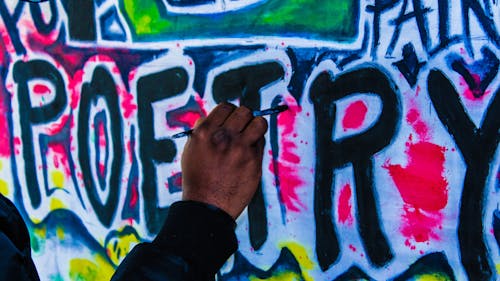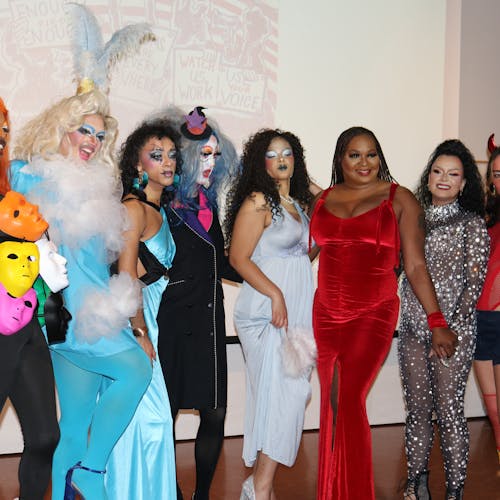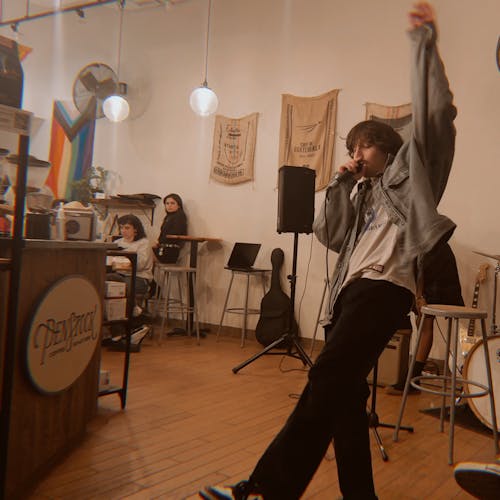National Poetry Month: Passionate, polemical, powerful

April commences the annual celebration of National Poetry Month. Within these 30 days, one considers the literary form that has withstood centuries of American culture and history. The range of biographies present are immense, starting as early as notable figures preceding the boom of Modernism straight through the current day.
James Baldwin, known for his poetry, prose and public speech, utilized his oratory skills to meditate on the role of a poet within society, particularly in the American conscience. Speaking about the Civil Rights Movement, he denoted the necessity of a poet, or any literary or artistic voice that seeks to open eyes and further the tradition of meditation through creation. “... something awful is happening to a civilization when it ceases to produce poets, and what is even more crucial when it ceases anywhere whatever to believe in a report that only poets can make,” he said.
Many poets throughout the ages, often interact with their form as a means to engage with suppressed feelings, contemplating and granting a voice toward instincts stamped down by oppression, social disorder or an individual's own blocks within their psyche. T.S. Eliot's "The Hollow Men," expresses inner grief toward a lost era, encapsulating the waves of trauma and shock from the World War I. But as time passes, the sensations connect, as the memorial of a home lost is found again in works such as William Carlos Williams, such as the domestic coquettishness of "This Is To Say."
The range of color that comes with each poem, each perspective, speaks not only to the magnitude of many poets' endeavors throughout the ages, but also the scale of introspection that brinks on divinity. For instance, Emily Dickinson lived a life akin to a monk as she spent most of her life confined to her room in a house in New England. Using only her interiority as a map, she religiously documented exactly how she lived, as a woman, artist and individual.
Decades later, more writers took to the stage and explored equal levels of internal peril. Claudia Rankine's recent collection, “Citizen: An American Lyric,” explores fear, violence and taking shelter within oneself through the daunting journey of modern America and its many social and racial divides. Each step further into the soul, the more daunting the path.
In William Shakespeare's "Henry IV," Hotspur says, "Out of this nettle, danger, we pluck this flower, safety." To be frank, poetry is not lucrative, and largely ignored. It is also a silver lining, as the market keeps poetry relatively untouched, allowing for writers throughout the ages to focus on their own sensibilities of what is true to them and to others. It is an interpreted weakness of the form, but also a prime advantage and privilege.
The canon of poetry is enormous, one must consider the many volumes of text created yearly by colleges and institutions to track how poetry connects the themes of the decades rolling by. Each poet holds within them, even in death, an aspect of the human condition that we all encounter and must face. Enjoying poetry is making a choice to not face life alone, as the voices within libraries and bookstores all around the country will allow for good company during life's trying times. It is a victory as well as a relief that National Poetry Month allows us to remember another way to go beyond ourselves in this life.



